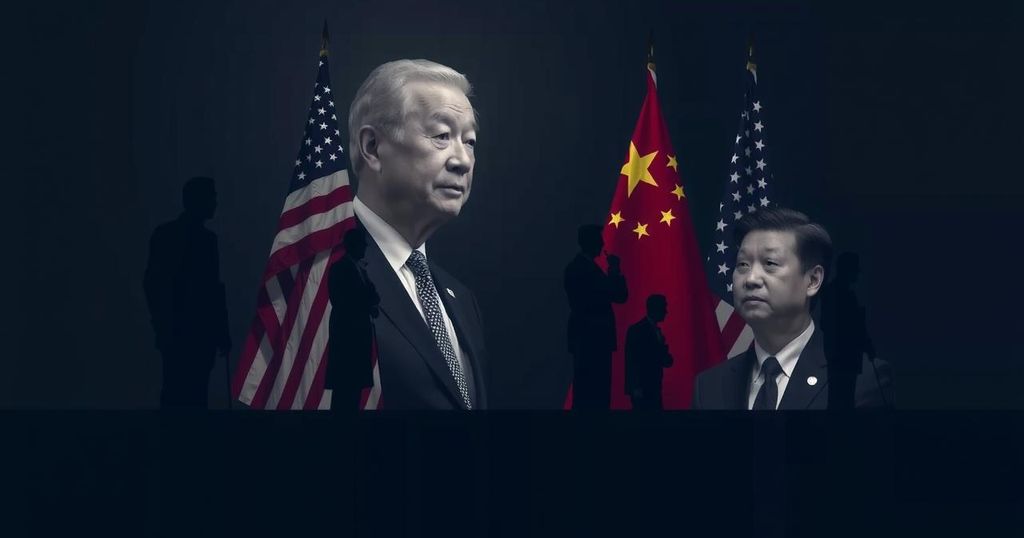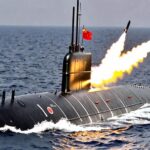Sullivan’s Visit to China: A Prelude to the Biden-Xi Summit
U.S. National Security Adviser Jake Sullivan’s recent visit to Beijing is anticipated to play a pivotal role in facilitating a final summit between President Joe Biden and Chinese President Xi Jinping prior to Biden’s departure from office in January. The meetings in Beijing, which commenced on Tuesday and will conclude on Thursday, are aimed at managing the complexities within U.S.-China relations, particularly in light of the upcoming U.S. presidential election on November 5.
During a press conference preceding their discussions, Chinese Foreign Minister Wang Yi emphasized the significance of China-U.S. relations, acknowledging the existing “twists and turns” that have marked their trajectory. He expressed hopes for a healthier and more stable relationship moving forward. In response, Mr. Sullivan indicated that the agenda would encompass an exploration of both agreeing and contentious issues that necessitate effective management.
U.S. officials have indicated that the primary objective of Sullivan’s visit is to restore disrupted communication channels between Washington and Beijing, which have been strained due to various issues, including trade disputes, human rights concerns, and China’s burgeoning alliances, notably with Moscow amidst the ongoing conflict in Ukraine.
Reports suggest that Sullivan and Wang are expected to engage in thorough discussions, spanning approximately 10 to 12 hours over the course of two days, covering bilateral, regional, and global matters, including North Korea, the South China Sea, and Taiwan. A senior administration official underscored that U.S. diplomacy with China remains firmly rooted in a competitive approach, which includes bolstering alliances and safeguarding national security interests.
While the visit is not positioned to yield monumental breakthroughs, commentators have noted its potential to lay groundwork for President Biden’s anticipated meeting with President Xi, possibly during the Asia-Pacific Economic Cooperation forum in Peru or the G20 summit in Brazil later this month.
Experts assert that despite Biden’s current status as a “lame duck” president, interest from Chinese leadership in maintaining dialogue persists due to a shared understanding of the importance of U.S.-China relations. Wesley Alexander Hill, an analyst at the International Tax and Investment Center, pointed out that bipartisan skepticism toward China transcends electoral cycles and that both nations prioritize continuity in foreign policy, regardless of the eventual electoral outcomes.
The recent imposition of extensive sanctions by the United States on numerous individuals and entities, including 42 Chinese firms linked to efforts to evade sanctions connected to Russia’s actions in Ukraine, has further strained relations. The Chinese Commerce Ministry responded by denouncing these sanctions as detrimental to the international trade order and as interference in global supply chains. Furthermore, Li Hui, China’s special envoy for Eurasian affairs, has condemned the U.S. sanctions as “illegal and unilateral”
In conclusion, as the U.S. navigates its complex relationship with China during this significant moment in the political landscape, the forthcoming interactions between the leaders promise to be of paramount importance. Observers remain attentive to how these discussions may influence the future trajectory of U.S.-China relations in a rapidly evolving global environment.








Post Comment